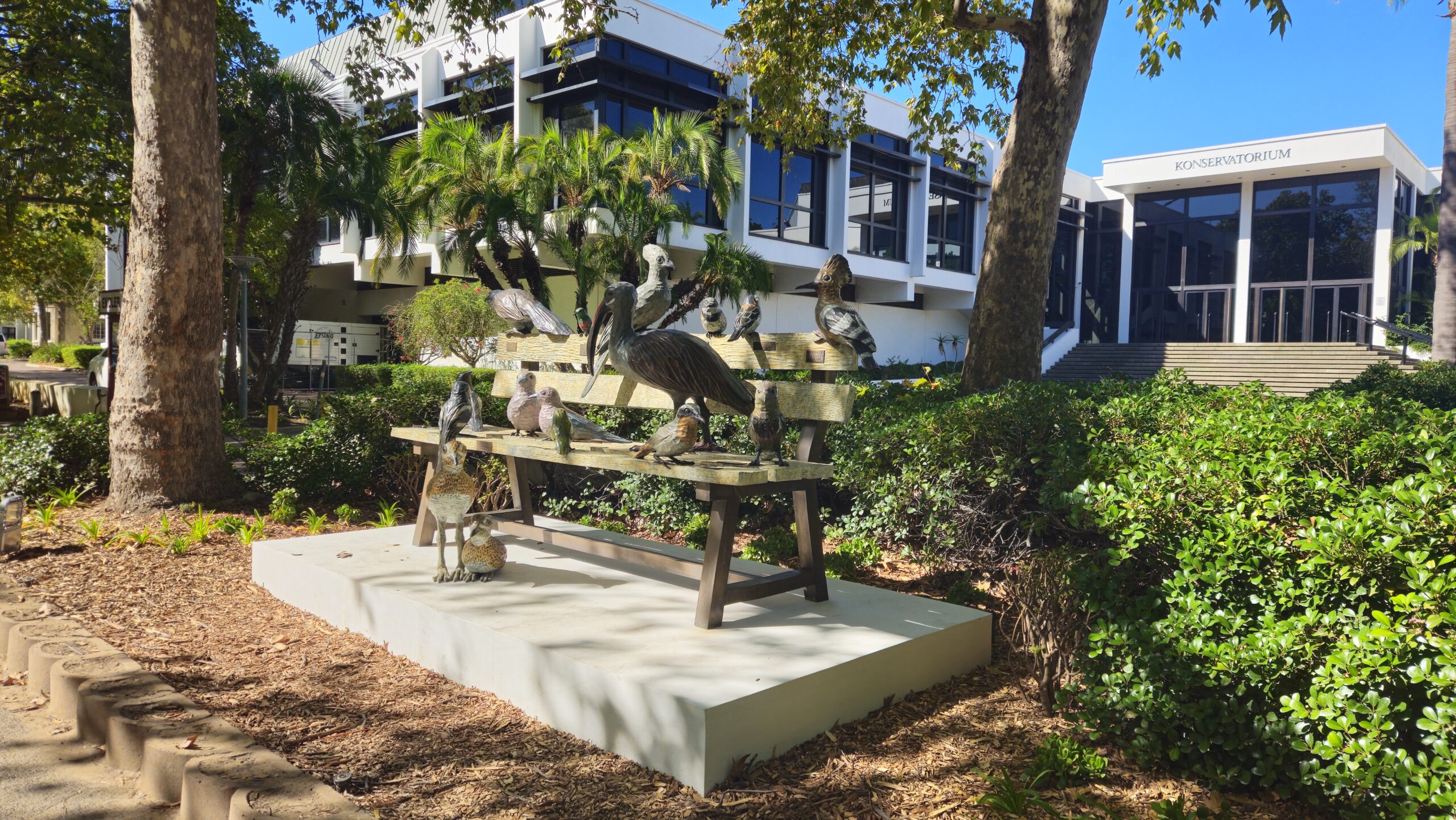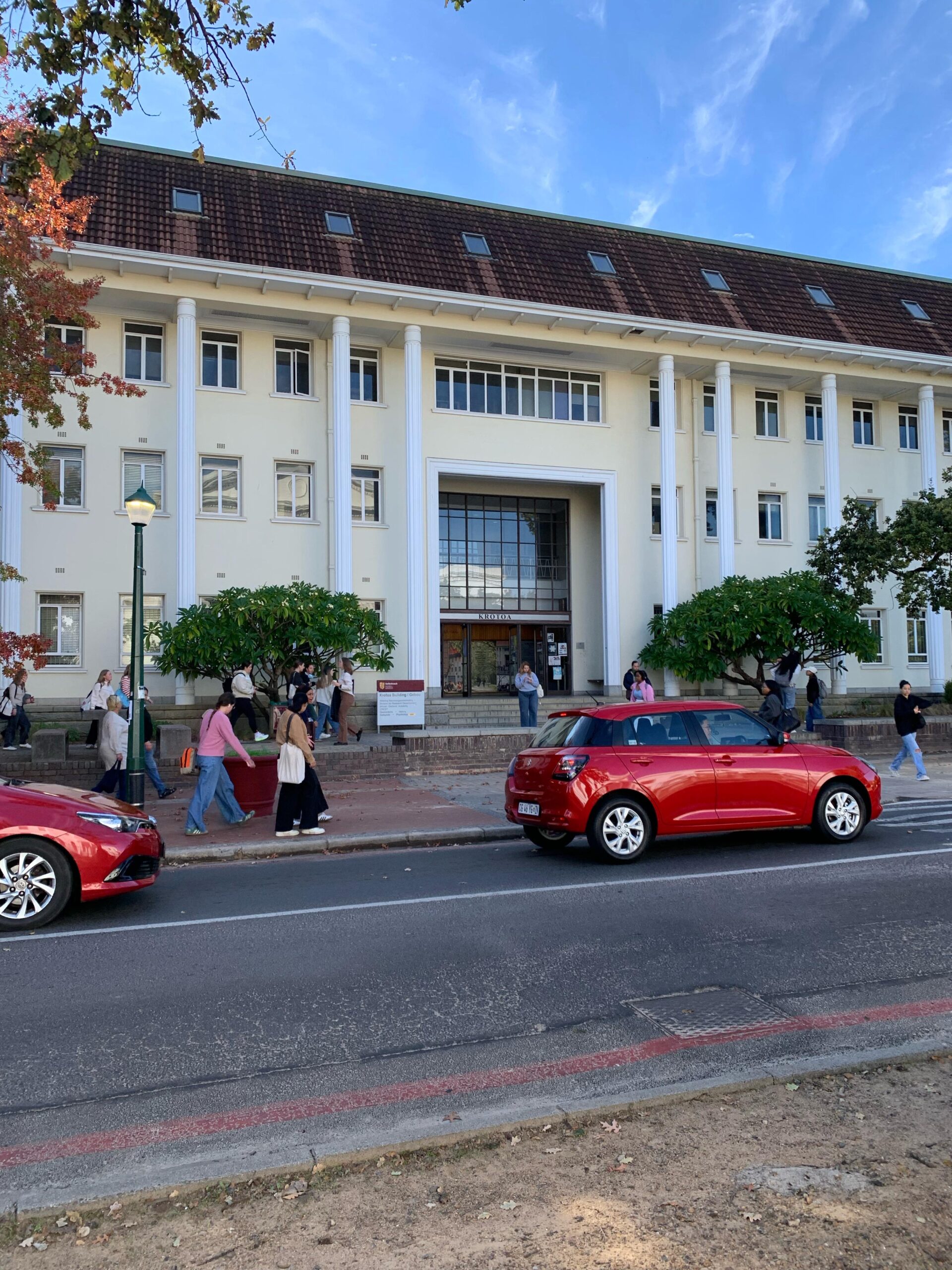BY DYLAN LEE
Stellenbosch University’s (SU) Institute of Sport and Exercise Medicine (ISEM) and Campus Health Services (CHS) recently launched their MaRooN (Maties Risk of Non-communicable disease) Health Passport project aimed at athletes, students, staff and other professionals as a way to allow staff to assess the health and wellbeing of these persons with confidentiality.
The MaRooN Health Passport is “a facilitative and interactive tool identified by SU and its Health and Wellbeing Task Team to assess health and wellbeing and, through imbedded algorithms, facilitate early interventions among the staff and student population of SU across all campuses,” according to a staff health and wellbeing plan published by the university in February earlier this year. This plan expands by saying that the passport will help to create a safer environment on campus.
The passport takes the form of an online survey that will take participants 15–20 minutes to complete, and is described by the project’s webpage as being similar to “applying for a visa”. The concept and design of the project, according to Susan Crumpton, the project coordinator of ISEM involved in the project, is that the ISEM and CHS will be able to understand the non-communicable diseases (NCDs) and associated risk factors, including mental health issues, that constitute a significant global health burden on campus.
Before starting the survey, participants must indicate that they have read and understood the information regarding the study. With this information, a consent form is provided, which states that the aim of the project is to make campus healthier, in the sense that both staff and students can improve their health status and the quality thereof, by offering “direct health and lifestyle intervention programmes to address the future care and health needs” on campus.
Participants are, however, welcome to leave the questionnaire at any time without a reason. All information will be saved for them to complete when they open it again. The consent form also states that all information will be protected in a secure manner. This survey is to be completed annually in order to follow the participant’s health and indicate when concerns arise that need intervention. Participants must also indicate whether they wish to be contacted or referred to a professional if any medical flag is detected from their responses.
Crumpton explains that the ISEM and CHS started collaborating on this project in 2017 and that there was a pilot launch for the project in 2018 to a single department at SU to make “some additional tweaks and updates to the questionnaire”.
The plan was that the MaRooN Health Passport was to be launched last year; however, because of the pandemic, the launch was held off until this year. Given the circumstances, it is advised now more than ever that students and staff take a look at their current health profiles, find ways to improve their health, and prepare for future risk factors.
Crumpton says, “It is vital to curb the spread of NCDs before the problem escalates to endemic proportions.” She continues by saying, “Considering that healthy lifestyle behaviour is known to be an important predictor of future health, productivity and life expectancy, a preventative approach is necessary in order to address this problem. Thus, investing in better detection and management of NCDs and their risk factors is critical.”
According to the MaRoon Health Passport’s website, the passport can help professionals to “direct health and lifestyle intervention programmes to address the future care and health needs”. These intervention programmes will be based on the information provided by the surveys and can include interventions for physical activity, educational content and mental health; for example, walking or exercise groups, nutritional content on a healthy diet and lifestyle, and how to manage stress looking after one’s mental health.
When asked how they feel about the project Thorn Boer, a first-year BA (International Studies) student said, “I think that it is a good idea; however, I am hesitant about sharing information.”
Another student Shane Lottriet, second-year BEng (Chemical Engineering) student, felt that “a project like this is great, because it will allow the university to prioritise resources regarding health on campus”.
The main goal is to improve the health of people on campus; however, the university will also be able to gain a greater understanding of NCDs through the monitoring of current and future profiles, thus furthering the strategic aims of the university. According to the plan mentioned above, the initiative will also take on the secondary functions of acting as powerful, longitudinal research and an educational tool. As such a tool, it will enable “investigators to assess whether non-communicable disease-related risk profiles differ between the respective cohorts, and will allow for the evaluation of the efficacy of interventions and changes in the overall health landscape of the SU campus over time”.



